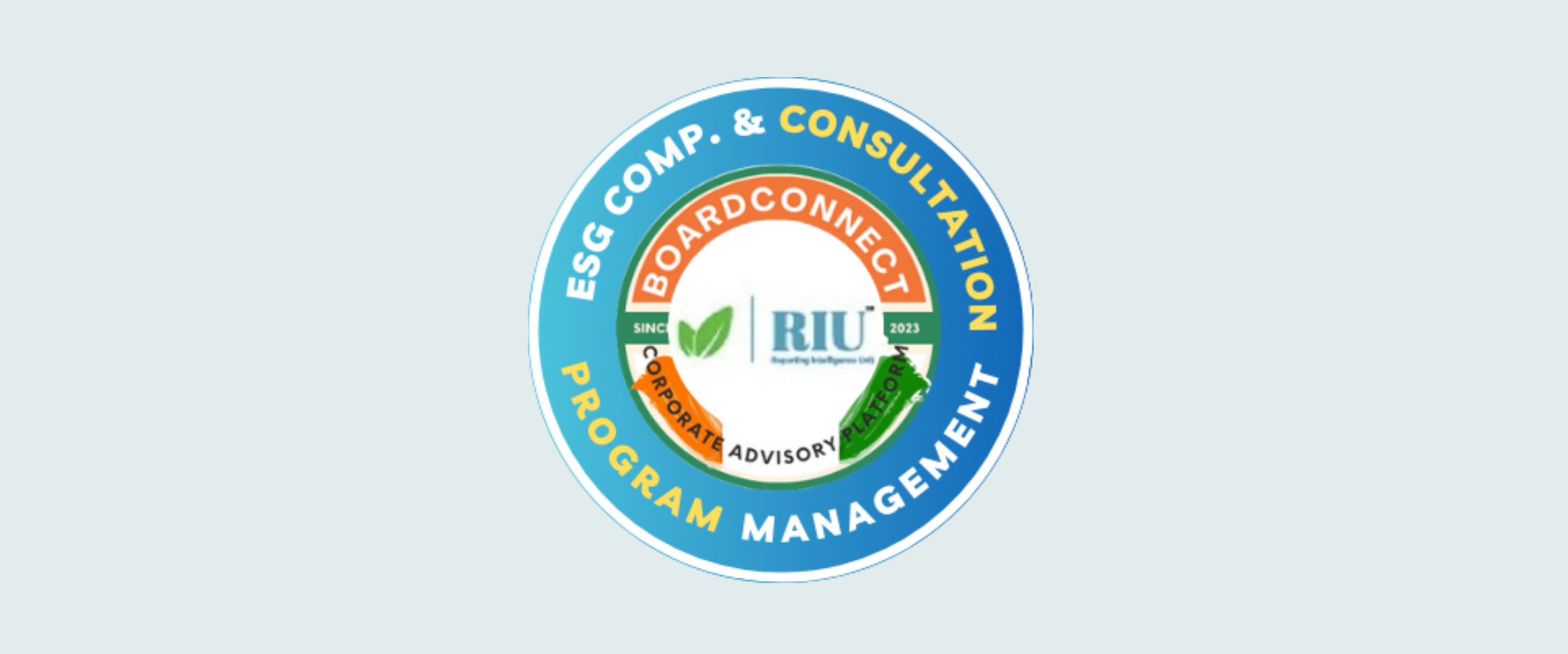ESG & CSR Advisory
ESG (Environmental, Social, and Governance):
1. Assessment and Strategy Development
- ESG Assessments: Comprehensive analysis of current ESG practices, identifying gaps and opportunities for improvement.
- Materiality Assessments: Identifying and prioritizing the most significant ESG issues for the organization and its stakeholders.
- Strategy Development: Crafting tailored ESG strategies aligned with the organization’s mission, values, and business goals.
2. Reporting and Disclosure
- Sustainability Reporting: Assistance with creating sustainability reports following recognized standards like GRI, SASB, and TCFD.
- ESG Disclosures: Guidance on mandatory and voluntary ESG disclosures for compliance with regulatory requirements and investor expectations.
- Impact Reporting: Measuring and reporting on the social and environmental impacts of the organization’s activities.
3. Risk Management and Compliance
- ESG Risk Assessment: Identifying and managing ESG-related risks that could impact the organization’s operations and reputation.
- Compliance Audits: Ensuring adherence to local and international ESG regulations and standards.
- Policy Development: Crafting and implementing ESG-related policies and procedures.
4. Stakeholder Engagement and Communication
- Stakeholder Mapping and Engagement: Identifying key stakeholders and developing strategies for effective engagement and communication.
- Community Engagement Programs: Designing and implementing programs that positively impact local communities.
- Corporate Philanthropy: Developing strategic philanthropy initiatives that align with the organization’s values and ESG goals.
5. Training and Capacity Building
- ESG Training Programs: Providing training sessions and workshops for employees, management, and the board on ESG topics.
- Capacity Building: Building internal capabilities to manage and sustain ESG initiatives.
- Leadership Development: Coaching and mentoring leaders to champion ESG initiatives within the organization.
6. Sustainable Supply Chain Management
- Supply Chain Audits: Assessing and improving the sustainability practices of suppliers and partners.
- Sustainable Procurement: Developing procurement policies that prioritize sustainable and ethical sourcing.
- Supplier Engagement: Engaging suppliers to improve their ESG performance and align with the organization’s standards.
7. Innovation and Sustainable Solutions
- Green Product Development: Assisting in the development of sustainable products and services.
- Circular Economy Initiatives: Implementing practices that promote resource efficiency and waste reduction.
- Carbon Footprint Reduction: Developing strategies to minimize the organization’s carbon footprint through energy efficiency, renewable energy adoption, and other initiatives.
8. Impact Investment and Finance
- ESG Investment Strategies: Developing investment strategies that integrate ESG criteria.
- Green Bonds and Financing: Assisting with the issuance of green bonds and other sustainable financing options.
- Impact Measurement: Measuring the social and environmental impact of investments and financial decisions.
9. Technology and Data Management
- ESG Data Collection and Analysis: Implementing systems for effective collection and analysis of ESG data.
- Reporting Software Implementation: Deploying software solutions to streamline ESG reporting processes.
- Data Transparency and Security: Ensuring transparency and security in ESG data management.
10. Certification and Recognition
- ESG Certifications: Assisting organizations in obtaining ESG-related certifications such as ISO 14001, ISO 45001, and B Corp Certification.
- Awards and Recognition Programs: Developing programs to recognize and reward outstanding ESG performance within the organization and among partners.

